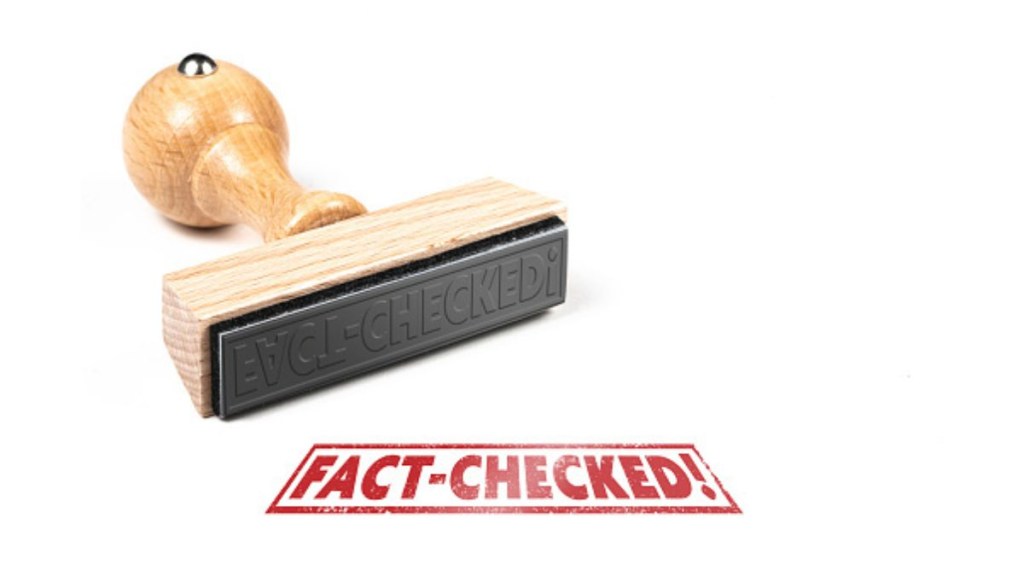With the ministry of Electronics and IT making provision for a government-approved fact checker for online information related to the central government, experts said a better option would be to set up an independent organisation for the purpose, with representatives from all stakeholders including tech companies, civil society and academia.
They also said a dedicated law would tackle the issue better than frequent tweaks to IT rules. The amended rules may not be effective to handle misleading or fake information as they ignore the fundamentals of what constitutes fake or misleading content, and lacks clarity on other legalities, they said.
Apart from concerns of the government getting indirect control over content, experts said without a dedicated law there will be grey areas, such as the inclusion of individuals who spread fake news and the misuse of the system by a political party in power.
“The issue of fake and misleading content is important and the government doing something about it to prevent user harm is appreciated. However, government should first define what is fake news, its features and characteristics, the liabilities on the citizens, any kind of criminal proceedings it will involve,” said Pavan Duggal, cyber law expert and advocate at the Supreme Court.
“The rules currently bring only intermediaries under the ambit. Today, a major chunk of fake information is spread by individuals. The government will have to define that as well, which come in only through a separate law,” Duggal added.
On Thursday, the ministry of electronics and IT (MeitY) amended the IT rules and included the provision of a fact-checking body for all information pertaining to government on social media platforms. If any intermediary including a social media platform and internet service provider fails to remove or block any content related to government which has been flagged as fake by the Meity-approved body, it would stand to lose its safe harbour status under Section 79 of the IT Act. In such a case, the intermediary can be booked under the law by the aggrieved party, which will be the government.
Experts suggested that the government should also take reference from countries like Singapore, Australia, and France, which have a law for curbing fake news. For example, Singapore has the Protection from Online Falsehoods and Manipulation Act. The law defines a false statement of fact as a false or misleading statement which a reasonable person would consider to be a representation of fact. It has a provision of correction notice for the person who had spread the fake news, contains directions for the public, penalties, etc, ensuring that free speech is not get restricted.
“The amendments to the IT rules will have deeply adverse implications for press freedom in the country. What is surprising is that the ministry has notified this amendment without any meaningful consultation that it had promised,” said the Editors Guild of India.
Shruti Shreya, programme manager at The Dialogue, called for an independent national level fact-checking body with representatives from all stakeholders, including tech companies, civil society and academia who would be “more adept to appreciate the granularities of online content”. The body may also be empowered with the responsibility to engage in community sensitisation and user literacy programmes to nurture awareness on misinformation, Shreya said.
“The exact meaning of government business (in the IT rules) requires clarity. Currently, it is unclear whether this is only limited to the government’s schemes and policies or anything written and spoken regarding the government’s activities,” Shreya said, adding that defining the exact intent and ambit of government business will be important for regulatory certainty.
This amendment to the IT Rules comes after the government in January had issued a draft that said that news identified as fake or false by the Press Information Bureau’s fact check unit will have to be removed by the intermediaries from social media platforms.
In the amended rules under Section 3(1) (b) (v), the government has now removed PIB’s fact check unit from its earlier draft and replaced it with any body approved by the government. Going forward, the government will frame a similar rule for content involving private parties. The platforms such as Google, Meta have suggested the concept of a self-regulatory body to curb misleading information which involve private parties.
“A self-regulatory body may work better, since it is in the industry’s own interest that incorrect information is weeded out. Industry bodies have an automatic buy-in, and can often react quicker than Government appointed panels,” said Vikram Jeet Singh, partner at BTG Legal.
“The bottom line is that this does add additional burdens of compliance on online intermediaries,” Singh added.
